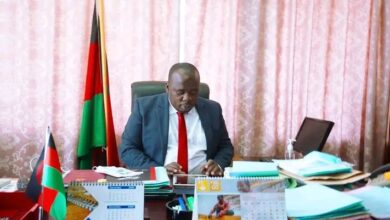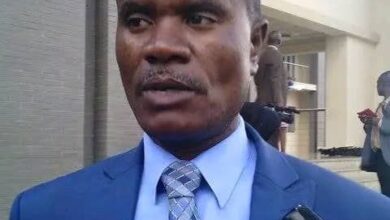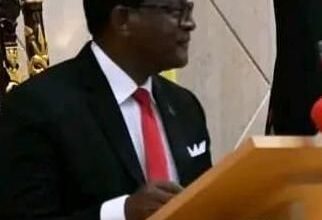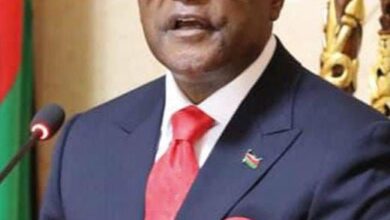Columns
Comprehensive Analysis of Malawi Police’s Social Media Monitoring

By Burnett Munthali
Peter Kalaya, the Public Relations Officer of the Malawi Police Service (MPS), recently disclosed the MPS’s practice of monitoring social media for public safety purposes. This disclosure has sparked a wide range of perspectives from legal experts, human rights activists, members of parliament, and the general public. Here’s a detailed analysis incorporating their viewpoints:
Peter Kalaya highlighted that MPS monitors social media to detect and prevent crimes such as hate speech, incitement to violence, and other unlawful activities. The objective is to enhance public safety by leveraging digital tools to gather intelligence and respond swiftly to potential threats.

Legal Experts’ Perspectives
Firstly, Legal experts emphasize that MPS’s monitoring activities must adhere to Malawi’s constitution, particularly regarding privacy rights, freedom of expression, and due process. They stress the need for specific legislation or regulations governing social media monitoring by law enforcement. Clear guidelines are essential to ensure monitoring is lawful, proportionate, and respects fundamental rights.
Secondly, Experts raise concerns about potential privacy infringements from extensive social media monitoring. They advocate for safeguards to minimize intrusions into individuals’ private lives and prevent arbitrary surveillance. Ensuring robust data protection measures is critical to prevent unauthorized access or misuse of personal data collected through social media monitoring activities.
Human Rights Activists’ Perspectives
Firstly, Activists argue that broad social media monitoring may have a chilling effect on freedom of expression. They stress the importance of protecting individuals’ rights to express dissenting opinions and engage in public discourse without fear of surveillance.
Secondly, Activists call for transparency in MPS’s monitoring practices and mechanisms for public accountability. They emphasize the need for oversight to prevent abuse of monitoring powers and uphold human rights standards.
Members of Parliament’s Perspectives
Firstly, MPs express the need for parliamentary oversight and legislative action to regulate social media monitoring by MPS. They advocate for drafting comprehensive laws that define the scope, purpose, and limitations of monitoring activities.
Secondly, MPs stress the
importance of balancing public safety concerns with respect for civil liberties. They seek to ensure that monitoring practices are justified, transparent, and subject to democratic scrutiny.
General Public’s Perspectives
Firstly, Members of the public express mixed sentiments about MPS’s monitoring activities. While some acknowledge the necessity for public safety, others express skepticism and concern about potential abuses.
Secondly, There is a widespread demand for transparency regarding the criteria, methods, and outcomes of social media monitoring. Clear communication from MPS about their monitoring practices is seen as essential to fostering trust and accountability.
In conclusion, Peter Kalaya’s disclosure of MPS’s social media monitoring has sparked a robust discussion encompassing legal, human rights, parliamentary, and public perspectives. While the MPS’s goal of enhancing public safety is acknowledged, there are significant concerns regarding privacy rights, freedom of expression, and the need for legislative oversight. Moving forward, collaborative efforts between MPS, lawmakers, human rights advocates, and the public are crucial to developing responsible and transparent practices that uphold both security imperatives and individual rights in Malawi. Continuous dialogue and adherence to legal and ethical standards will be essential to navigating the complexities of social media monitoring in a manner that respects democratic principles and protects civil liberties.






